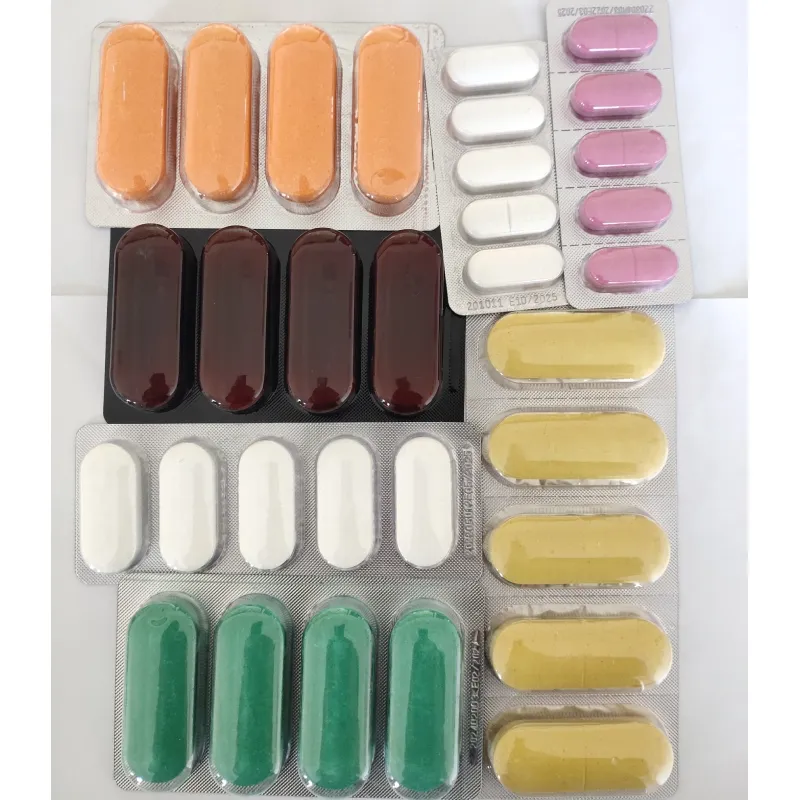- Afrikaans
- Albanian
- Amharic
- Arabic
- Armenian
- Azerbaijani
- Basque
- Belarusian
- Bengali
- Bosnian
- Bulgarian
- Catalan
- Cebuano
- Corsican
- Croatian
- Czech
- Danish
- Dutch
- English
- Esperanto
- Estonian
- Finnish
- French
- Frisian
- Galician
- Georgian
- German
- Greek
- Gujarati
- Haitian Creole
- hausa
- hawaiian
- Hebrew
- Hindi
- Miao
- Hungarian
- Icelandic
- igbo
- Indonesian
- irish
- Italian
- Japanese
- Javanese
- Kannada
- kazakh
- Khmer
- Rwandese
- Korean
- Kurdish
- Kyrgyz
- Lao
- Latin
- Latvian
- Lithuanian
- Luxembourgish
- Macedonian
- Malgashi
- Malay
- Malayalam
- Maltese
- Maori
- Marathi
- Mongolian
- Myanmar
- Nepali
- Norwegian
- Norwegian
- Occitan
- Pashto
- Persian
- Polish
- Portuguese
- Punjabi
- Romanian
- Russian
- Samoan
- Scottish Gaelic
- Serbian
- Sesotho
- Shona
- Sindhi
- Sinhala
- Slovak
- Slovenian
- Somali
- Spanish
- Sundanese
- Swahili
- Swedish
- Tagalog
- Tajik
- Tamil
- Tatar
- Telugu
- Thai
- Turkish
- Turkmen
- Ukrainian
- Urdu
- Uighur
- Uzbek
- Vietnamese
- Welsh
- Bantu
- Yiddish
- Yoruba
- Zulu
9 月 . 02, 2024 18:16 Back to list
dexamethasone sodium phosphate injection use
Dexamethasone Sodium Phosphate Injection Uses, Benefits, and Considerations
Dexamethasone sodium phosphate injection is a synthetic corticosteroid that plays a crucial role in the management of various inflammatory and autoimmune conditions. As a soluble form of dexamethasone, it is predominantly utilized in scenarios where rapid anti-inflammatory action is needed. This article explores the uses, benefits, and important considerations associated with dexamethasone sodium phosphate injection.
One of the primary uses of dexamethasone sodium phosphate injection is to reduce inflammation. It is commonly prescribed for conditions such as severe allergic reactions, asthma exacerbations, and certain skin conditions. In clinical settings, this medication can help mitigate the effects of inflammation by suppressing the immune system's response, thus alleviating symptoms and preventing the progression of disease. The injection is also beneficial in treating conditions like arthritis and other musculoskeletal disorders, where inflammation and pain relief are essential for patient comfort.
Additionally, dexamethasone sodium phosphate plays a significant role in oncology. It is often employed as part of a treatment regimen for patients undergoing chemotherapy, as it can help manage side effects such as nausea, vomiting, and even support appetite stimulation. In cases of a severe immunological response, such as in septic patients or those undergoing organ transplants, dexamethasone injection can be instrumental in controlling immune reactions and ensuring patient stability.
dexamethasone sodium phosphate injection use

The administration of dexamethasone sodium phosphate is straightforward, typically delivered intramuscularly or intravenously depending on the urgency and nature of the medical condition. This rapid delivery method allows for swift therapeutic effects, making it a critical component in emergency medicine.
Despite its benefits, the use of dexamethasone sodium phosphate injection is not without risks. Long-term or high-dose usage can lead to significant side effects, including hyperglycemia, osteoporosis, adrenal suppression, and increased vulnerability to infections. Therefore, it is essential for healthcare providers to monitor patients closely and weigh the risks and benefits in the context of individualized treatment plans.
Moreover, the abrupt cessation of dexamethasone therapy, especially after prolonged use, can lead to withdrawal symptoms and adrenal crisis due to the body’s reduced ability to produce endogenous corticosteroids. Thus, a gradual tapering of the dosage is often recommended when discontinuing treatment to mitigate these risks.
In conclusion, dexamethasone sodium phosphate injection is a powerful tool in the management of various inflammatory and autoimmune conditions, especially in urgent medical situations. Its rapid action is invaluable in providing relief from symptoms and preventing complications. However, judicious use, close patient monitoring, and a well-structured tapering plan are essential to minimize potential side effects and ensure the patient’s overall safety and well-being. Healthcare professionals must remain vigilant in their approach, balancing the therapeutic benefits of this medication against the potential risks it may pose.
-
The Power of Radix Isatidis Extract for Your Health and Wellness
NewsOct.29,2024
-
Neomycin Sulfate Soluble Powder: A Versatile Solution for Pet Health
NewsOct.29,2024
-
Lincomycin Hydrochloride Soluble Powder – The Essential Solution
NewsOct.29,2024
-
Garamycin Gentamicin Sulfate for Effective Infection Control
NewsOct.29,2024
-
Doxycycline Hyclate Soluble Powder: Your Antibiotic Needs
NewsOct.29,2024
-
Tilmicosin Premix: The Ultimate Solution for Poultry Health
NewsOct.29,2024













